Tony,
The industry faces the problem that the Manufactured Housing Association for Regulatory Reform (MHARR) assessment of the composition of the Manufactured Housing Consensus Committee (MHCC) is reasonably accurate. Initially both the Manufactured Housing Institute (MHI) and MHARR were allowed to have two of the seven industry seats. Today, HUD no longer allows that balanced and knowledgable representation.
Over the past several years we have seen other seats incorrectly given to government employees and other parties with anti-industry bias. The Designated Federal Officer (DFO) and non-voting twenty-second seat on the MHCC (the political appointee) has not been reappointed for several years now. One of the purposes for the existence of that position is to provide some perspective to the HUD Manufactured Housing Program that is not held hostage by preconceived biases inside the HUD permanent staff.
The shift in committee composition has brought with it members who tend to vote their ideology without regard to cost implications. Evaluating cost implications of proposed changes is statutory and yet is ignored by HUD staff and the MHCC with no consequences.
MHI’s recent actions in regard to fire sprinklers is well intended and is an effort to at least establish controls in advance of what MHI perceives as potentially hugely damaging costs if a preemptory sprinkler system is not advanced by the industry. MHARR’s point that extremely valuable ground in the world of preemption is being surrendered is true and does not bode well for the industry on both fire sprinklers and other preemption issues as they arise.
The Manufactured Housing Improvement Act of 2000 (MHIA of 2000) actually gave more teeth to the preemptive language of the original 1974 act. HUD’s manufactured housing program management staff should be valiantly defending that preemptive language when other parties take actions that violate the most recent version of that language. My experience of nearly ten years of working with HUD management as an MHCC member has showed me that HUD will not undertake that defense.
In anticipation of a worst possible outcome scenario, MHI’s actions are an effort to head off potentially devastating costs of meeting fire sprinkler requirements with no parameters. MHARR’s position is the more legally accurate, but faces unknown consequences in the efforts that would be required to enforce the strictly legal position. While I am not privy to all the arguments for both cases, I do know that I hate to give up valuable ground.
Doug Gorman
HomeMart
Former MHCC member


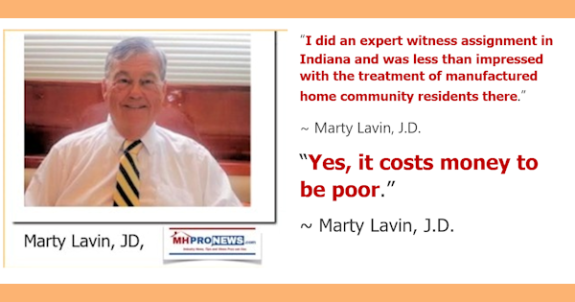
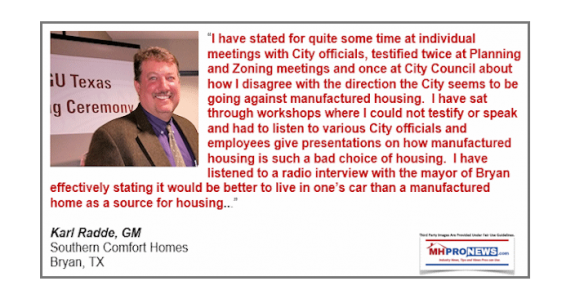
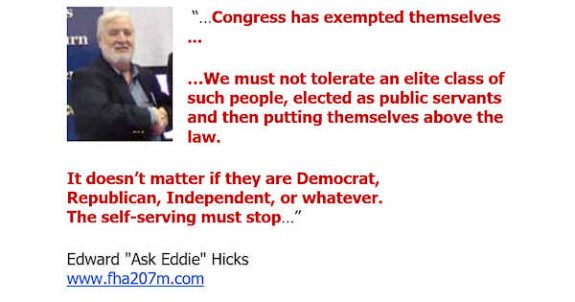
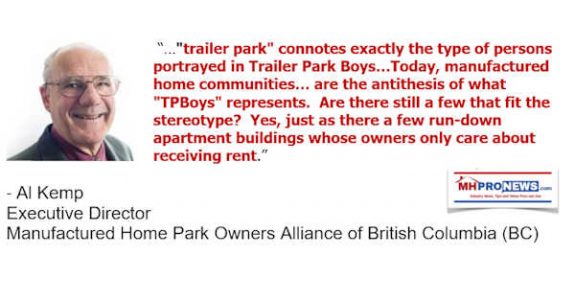
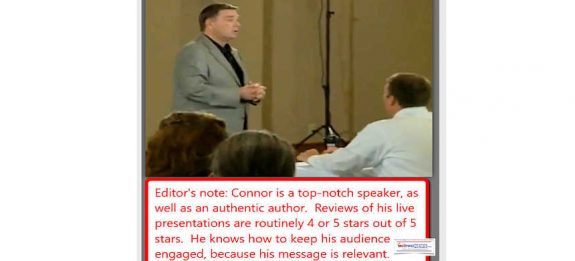
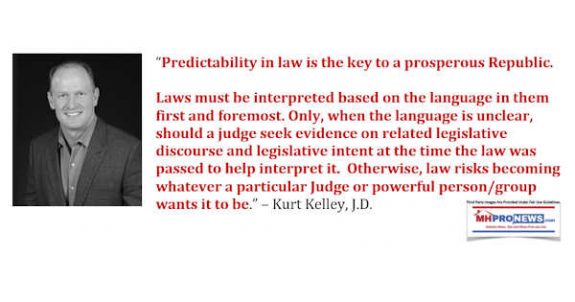
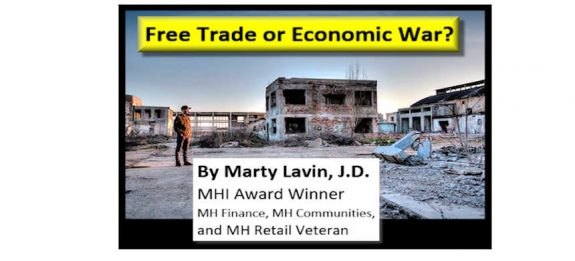
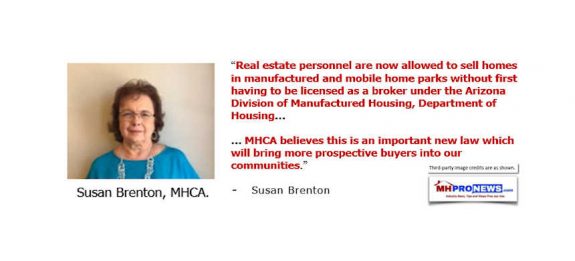
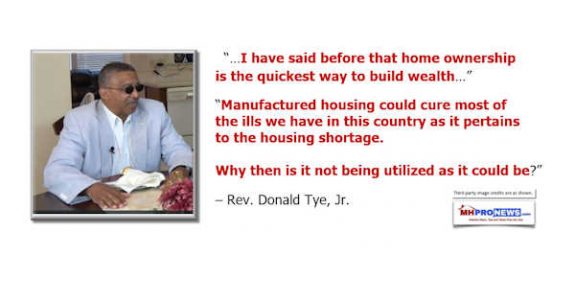
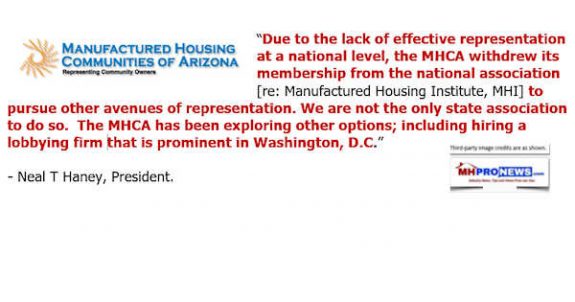
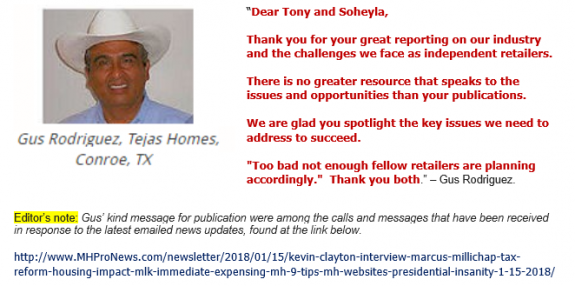
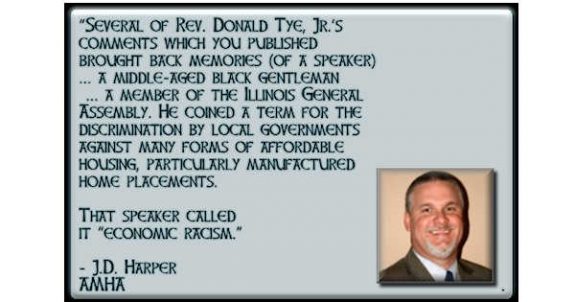
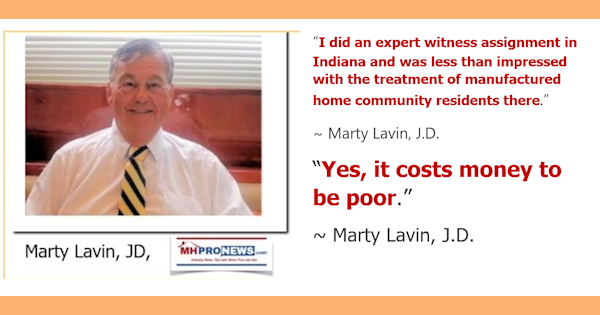
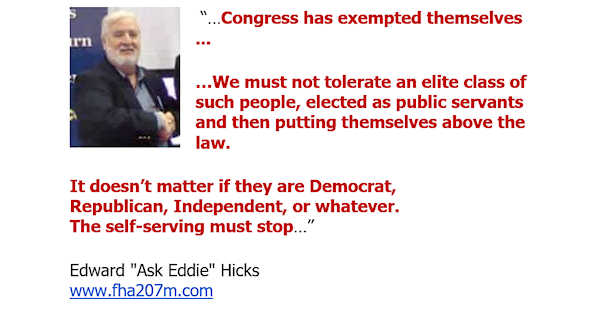
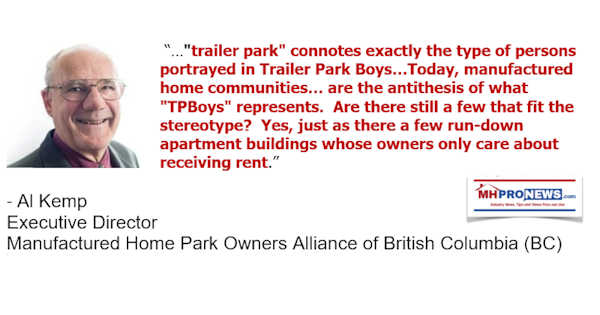
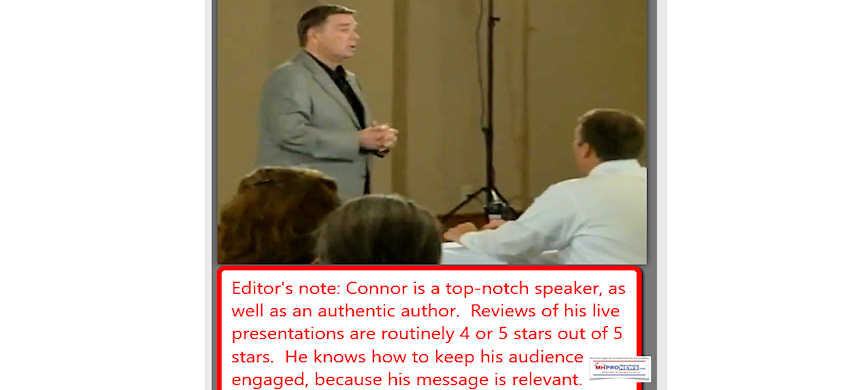
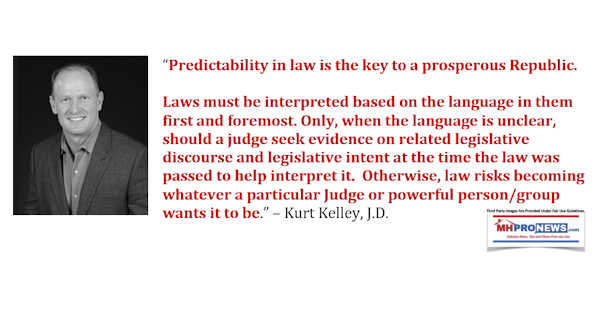
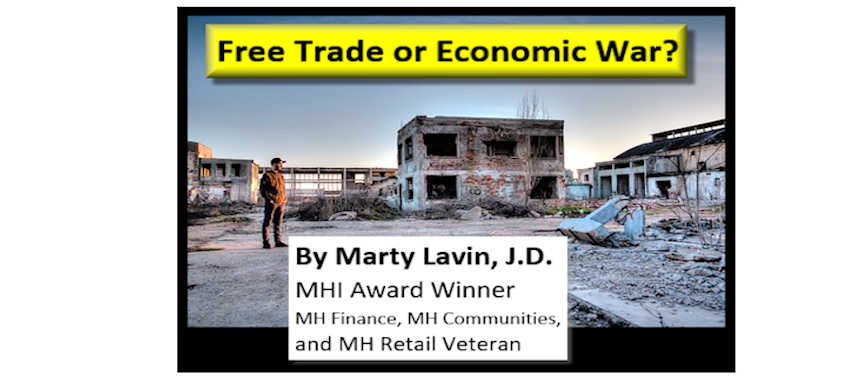
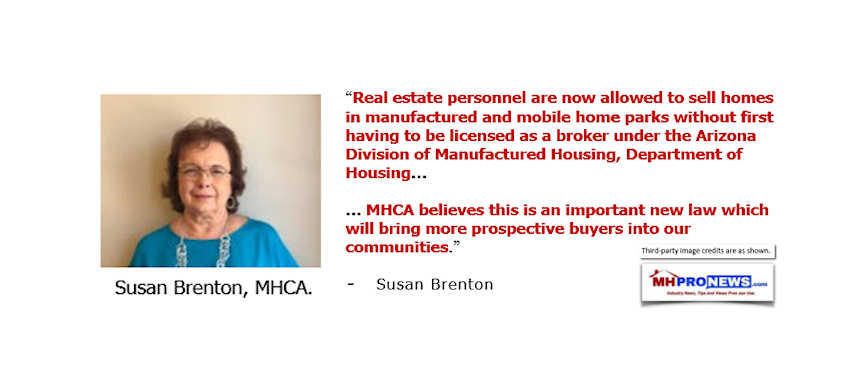
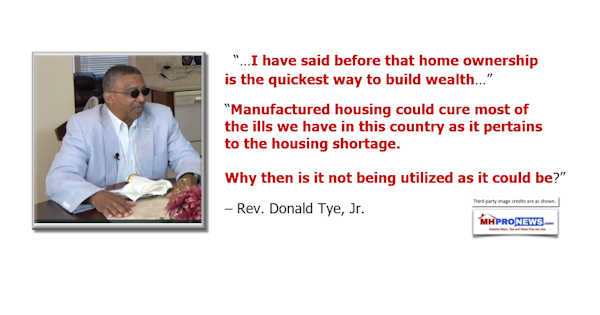
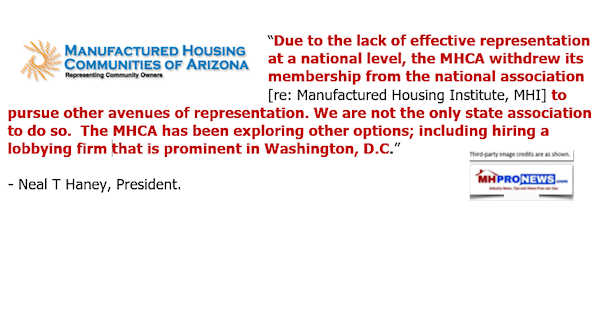
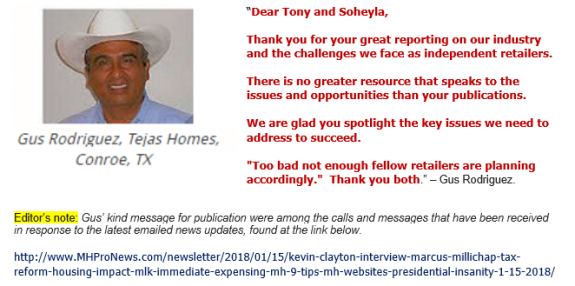
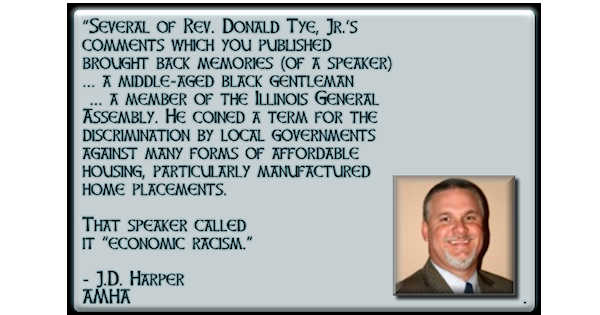
Karl Radde – TMHA, MHI, Southern Comfort Homes – Addressing Bryan City Leaders, Letter on Proposed Manufactured Home Ban
To All Concerned [Bryan City Officials, Others]: As the retail location referenced by Mr. Inderman, I would like to take a moment to address the …